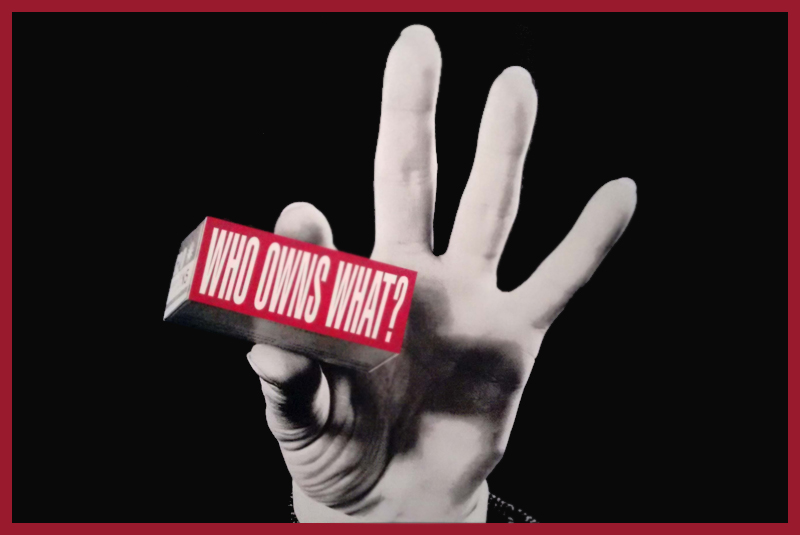On March 22, India’s Lower House of Parliament passed a bill that tightens tax scrutiny on citizens while loosening it for political parties. Indian citizens will now need an Aadhar card to file their tax returns and the tax-man has full discretionary powers to execute tax raids at will. However, the limits to donations that can be made to political parties has been removed while ensuring the anonymity of donors.
It’s a major shift in the power structure between people and political parties. For the citizens, the shadow of the taxman is never far, and a raid no longer needs a reason. For the political parties, however, millions of dollars can pour in from foreign sources without any transparency about who is funding them.
In total, the Finance Bill, dubiously classified as a money bill, includes 40 amendments to existing laws. As a money bill, it cannot be defeated in the Upper House of Parliament. Its passing demonstrated the extent to which politics thrives on the loopholes in the system.
Shredding the paper trail
In March 2014, the Delhi High Court found both the Indian National Congress (INC) and the Bharatiya Janata Party (BJP) guilty of accepting foreign funds in contravention of the Foreign Contribution Regulation Act (FCRA). According to the Public Interest Legislation (PIL) filed by the Association for Democratic Reform (ADR), Vedanta, a UK-based mining company, made donations to the tune of five crore rupees to both parties.
Copyright©Madras Courier, All Rights Reserved. You may share using our article tools. Please don't cut articles from madrascourier.com and redistribute by email, post to the web, mobile phone or social media.Please send in your feed back and comments to [email protected]











